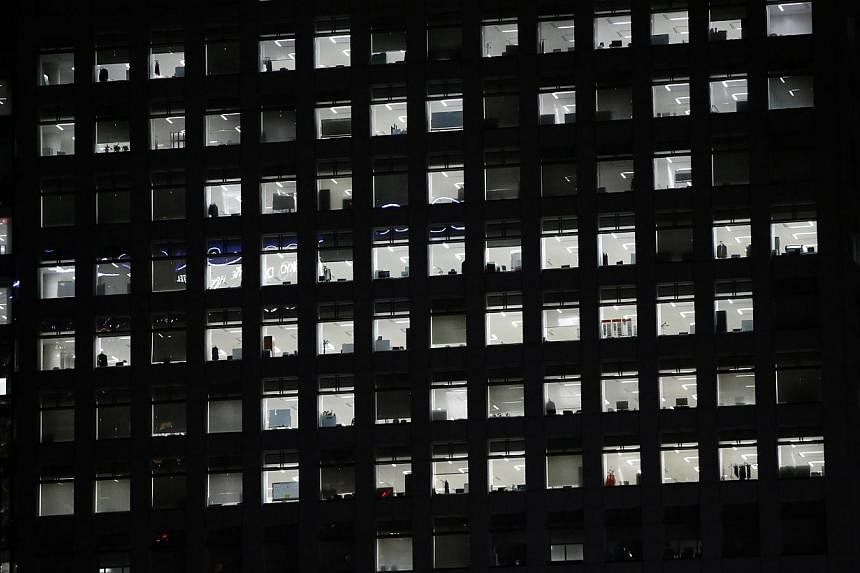TOKYO - Japan's government is set to ensure all salaried employees go on paid annual leave by making it the responsibility of their employers, the Yomiuri Shimbun has reported.
The move is aimed at reducing overwork and help employees achieve "a proper work-life balance" in a culture notorious for long working hours and unpaid overtime, the mass-circulation daily said in a report on Wednesday.
Under a proposed Bill to amend the Labour Standards Law, employers will be required to designate the period in which employees take annual paid leave, the Yomiuri said. The government plans to submit the Bill to the ordinary Diet (parliamentary) session that will convene on Jan 26, it added.
Currently all workers who have been employed continuously for at least six months and reports for work for more than 80 percent of the time are entitled to between 10 days to 20 days of paid leave per year.
However, it is left to the employees to apply for the leave. Employers are not penalised their workers don't do so.
As a result, less than half - 48.8 per cent - of paid leave were consumed in 2013, according to a survey by the labour ministry, the Yomiuri reported. The government has set a target of raising the figure to 70 percent by 2020.
Heavy workload and fear of 'inconveniencing' co-workers by their absence are the main reasons cited by Japanese workers for not taking leave. According to a survey conducted in 2011 by the Japan Institute for Labour Policy and Training, about 60 per cent of respondents said taking time off would be an inconvenience to colleagues, and 52.7 per cent answered they had no time for days off due to a heavy workload.
But the term "karoshi", which means "death by overwork", has long entered the Japanese lexicon amid a surge in the number of people dying because of stress-related problems, or taking their own lives.
Last November, a Japanese court ordered a restaurant chain and two staff members to pay a total of 58 million yen (S$652,540) in damages to the parents of a 24-year-old man who killed himself after being forced to work nearly 200 hours overtime a month.
The proposed amendment on annual leave for the labour law will cover all employees who are eligible for annual paid leave, including part-time workers, the Yomiuri said.
The number of designated days is set to be discussed at a session meeting of the Health, Labour and Welfare Ministry's advisory body on labour policies.
Companies will be expected to consider their workers' preferences when they designate the period of paid leave, the Yomiuri said.

